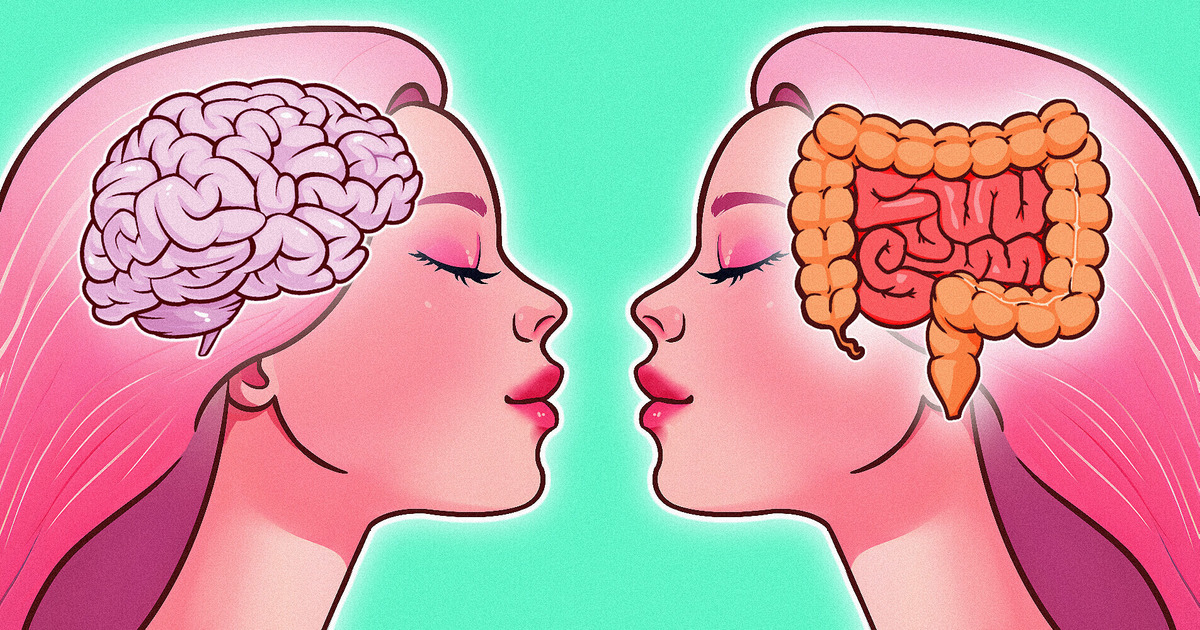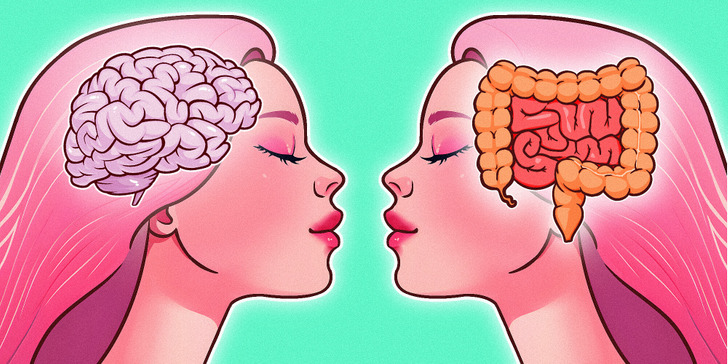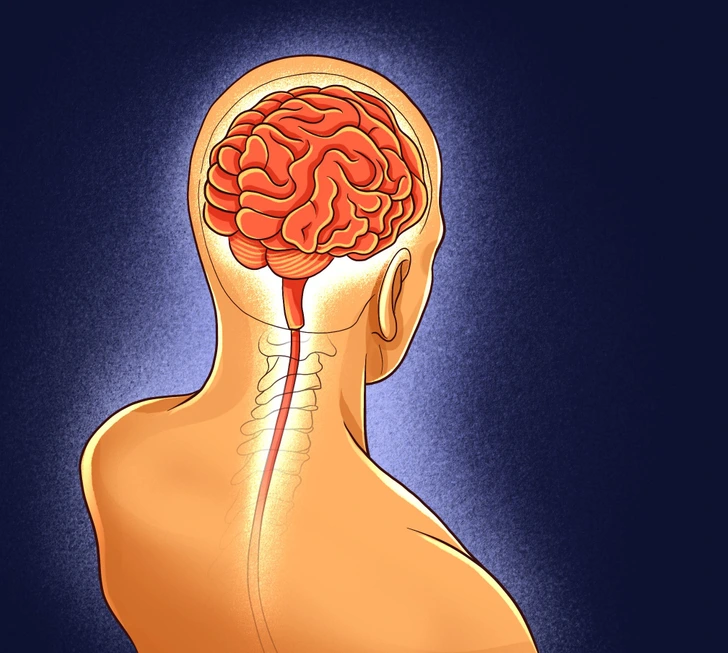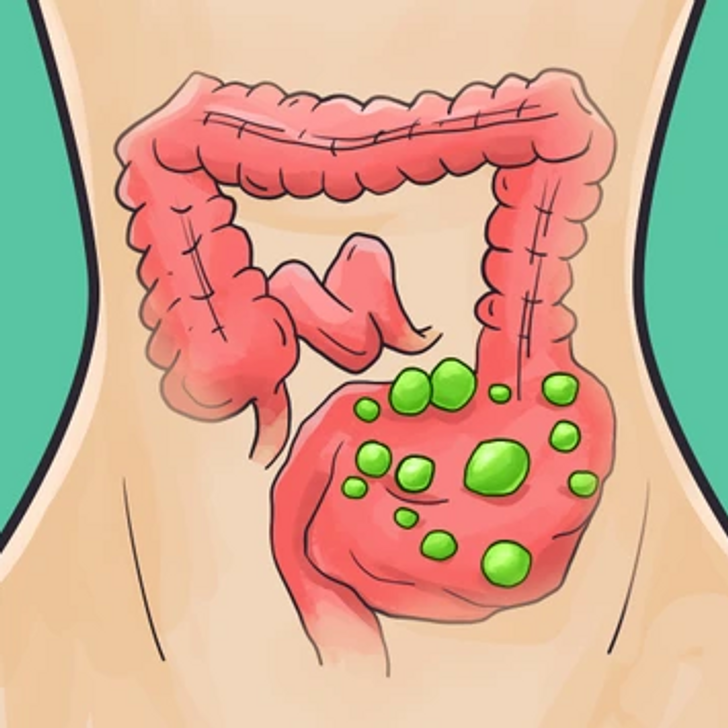11 Goofs That Neither Film Directors, Nor Editors, Nor Even Producers Noticed, But We Did


In February 2020, Canadian babies unwittingly became part of a groundbreaking scientific endeavor, shedding light on a new frontier in science known as the Gut-Brain Axis. This emerging field explores the intricate relationship between the gut and the brain, challenging traditional notions of consciousness and cognition.

Around 50 babies from Ontario and British Columbia participated in the experiment. They received a package containing a vial of preservative solution and a spatula. Their parents collected stool samples from them, which were sent for genetic sequencing to the University of British Columbia. This study aimed to investigate how the gut’s microbial life influences brain development and cognition.
The Gut-Brain Axis suggests that our brains, responsible for complex thought and emotions, are profoundly affected by the bacteria residing in our guts, far removed from our heads. It has become a prominent area in neurobiology and is associated with conditions like autism, depression, and irritable bowel syndrome.

Researchers from diverse fields united to understand this phenomenon. They conducted tests on infants’ cognitive development, such as their ability to follow attention, discern rhythm, and process language. These tests were then correlated with the bacteria composition in their guts.
While bacteria were once viewed as troublemakers, they now play a crucial role in digestion. The market for probiotics (good bacteria) has surged, emphasizing the importance of gut health for overall well-being.

The Gut-Brain Axis serves as a communication network between the gut microbiome and the nervous system. This two-way relationship involves the production of neurotransmitters and molecules in the gut, influencing the brain’s function.
Moreover, the research suggests that modern lifestyles may have led to the loss of certain crucial gut microbes. Indigenous populations with more diverse and ancient gut microbiomes have microbial profiles distinct from those of people in developed countries.

Also, the study on babies revealed intriguing correlations between specific gut bacteria and cognitive abilities. For example, infants with more Bifidobacterium in their guts demonstrated better attention-following skills, highlighting the potential role of probiotics in brain development.
This field of study offers exciting prospects for understanding brain health and cognitive development. As research advances, it may provide new insights into mood regulation, cognitive function, and sleep, ultimately enhancing our understanding of how the gut and the brain interact.
Emerging research underscores the profound connection between gut health and mental health, suggesting that imbalances in gut bacteria can impact cognitive function and mood, leading to conditions such as anxiety and depression. This intricate interplay between the gut and the brain highlights the significance of nurturing our gut health for maintaining overall physical and emotional equilibrium.











